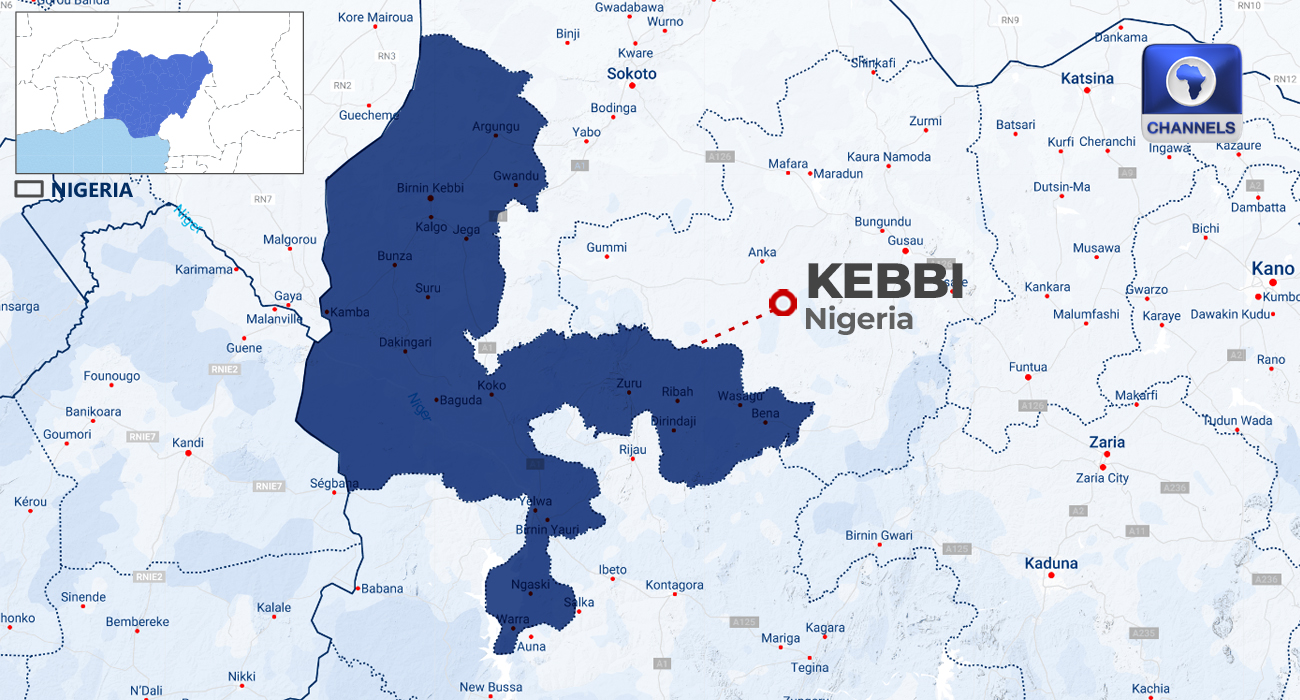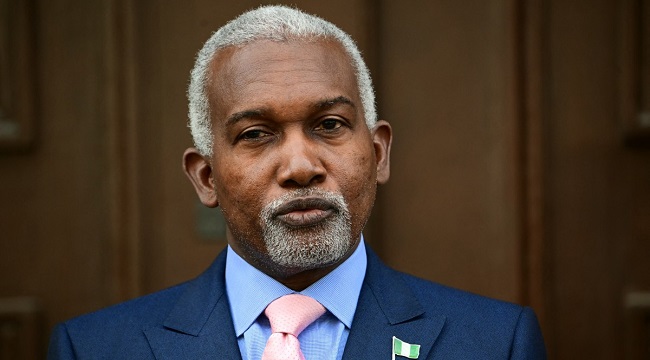Executive Secretary, Lagos State Domestic And Sexual Violence Agency (DSVA), Lola Vivour-Adeniyi, has said it will be difficult to prosecute singer and songwriter Simisola Kosoko, better known as Simi, for alleged assault without a victim showing up.
Simi recently made headlines and faced backlash after her old tweets from 2012 about minors resurfaced online.
Netizens had raised concerns over the sensitivity of her tweets, which she posted at the time she was working at her mother’s daycare. Many interpreted them as sexualizing minors, calling for her prosecution.
Reacting to the development, Vivour-Adeniyi said while the DSVA has a duty investigate the matter, prosecuting the singer might be “very difficult”.
“The truth of the matter is that it’s going to be very difficult to prosecute the lady without a survivor being present, a victim of whatever it is, whether it’s sexual abuse, rape, defilement, or sexual assault by provocation,” she said on Thursday’s edition of the breakfast show.
“It’s to start the process, encourage anybody who has allegedly been sexually assaulted by Simi to please come forward and ensure that their statement is taken, and then we know where we are going on the matter,” the DSVA scribe said.
According to her, the task force on safeguarding and child protection has been briefed on the matter.
READ ALSO: Alleged Sexual Assault: TikToker Mirabel In ICU, Investigations Ongoing — Police
“The task force that comprises top-level representatives, relevant government offices, including the Ministry of Education, the Ministry of Youth and Social Development, basically all the relevant institutions of government.
“They assist with the responsibility of ensuring safety and protection of children, especially the child’s centered institutions,” Vivour-Adeniyi added.
However, she stated that the singer’s mother’s daycare might not be visited because it is unclear if it still exists.
Tweet Controversy
Following controversy and backlash from her old tweet, the singer reacted in a statement on her X handle, saying, “I haven’t been on Twitter today – but someone brought a few of my old tweets to my attention, and I can’t address them.
“14 years ago, I was 23, so I was definitely not a child. I’m not here to make excuses because I don’t have anything to make excuses for. What I can’t let anyone do is twist my story to fit false narratives.”
I haven’t been on twitter today – but someone brought a few of my old tweets to my attention and I can’t not address it.
14 years ago, I was 23, so I was definitely not a child. I’m not here to make excuses because I don’t have anything to make excuses for. What I can’t let…
According to her, she lived and helped out at her mom’s daycare in 2012, while she was hustling for her music career.
“I tweeted everything that happened in my life, as we all did at the time. Kids can be mischievous. If a child did something I found funny, I tweeted about it.
“Kids are cute and lovable. I want to hug, kiss, and cuddle them. I tweet about it. Nothing I tweeted was from perversion,” Simi explained.
The move followed Simi’s comment in an alleged rape case by a TikTok influencer, Mirabel.





